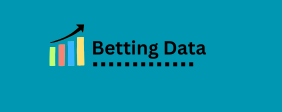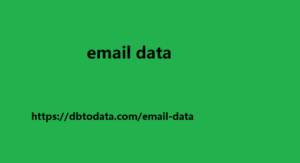Business Intelligence tools are designed to help organizations gather, analyze, and interpret data to make informed decisions. These tools typically offer data visualization, dashboards, and reporting features that allow businesses to monitor key performance indicators (KPIs), track trends, and generate actionable insights. BI products, such as Tableau, Power BI, and Qlik, enable both technical and non-technical users to explore data, create interactive visualizations, and share findings. As businesses increasingly rely on data-driven strategies, BI tools provide a competitive edge by making it easier to uncover opportunities and improve operational efficiency.
Data Visualization Software
These tools help in presenting complex datasets through charts, graphs, heatmaps, and infographics. Popular products like Tableau, Google Data Studio, and D3.js focus on simplifying the analysis process by allowing users to create compelling visual representations that highlight trends, correlations, and patterns. Visualization helps stakeholders to quickly grasp insights, identify anomalies, and make faster decisions based on the most current data.
Predictive Analytics Solutions
Predictive analytics solutions use statistical algorithms and machine learning techniques to analyze historical data and predict future trends. These tools are widely used in industries such as finance, healthcare, and marketing to forecast usa email list customer behavior, sales, risks, or operational issues. Platforms like IBM SPSS, RapidMiner, and SAS provide advanced analytics capabilities, enabling businesses to anticipate market shifts, customer needs, and other key factors. By leveraging predictive analytics, organizations can enhance strategic planning, improve resource allocation, and reduce uncertainties in their decision-making processes.
Data Mining Tools
These tools typically employ machine learning and statistical methods to process and analyze vast amounts of unstructured or semi-structured data. Tools like KNIME, Weka, and Orange provide functionalities for classification, clustering, association rule mining, and anomaly detection. With data mining, businesses can discover hidden patterns, customer preferences. Or fraudulent activity, which are crucial for enhancing marketing strategies, fraud prevention, and operational optimization.
Big Data Analytics Platforms
These tools offer capabilities for storing, processing, and analyzing data at scale, often in real-time. Products such as Apache Hadoop, Apache Spark, and Google. BigQuery benefits of a good wpo strategy allow organizations to process structured, semi-structured, and unstructured. Data to uncover insights across different sources. Big Data platforms support use cases such as real-time analytics, predictive modeling, and data. Aggregation, providing companies with the capacity to derive. Insights from huge datasets efficiently and cost-effectively.
Data Cleaning and Transformation Tools
Data cleaning and transformation are critical steps in preparing data for analysis. These tools automate the process of identifying job data and correcting errors, inconsistencies, and redundancies in datasets. Products like Trifacta, Alteryx, and Talend help organizations streamline data preparation by offering intuitive interfaces for data wrangling, enrichment, and integration. Data cleaning and transformation are essential for improving the reliability of data-driven decisions across various industries.

